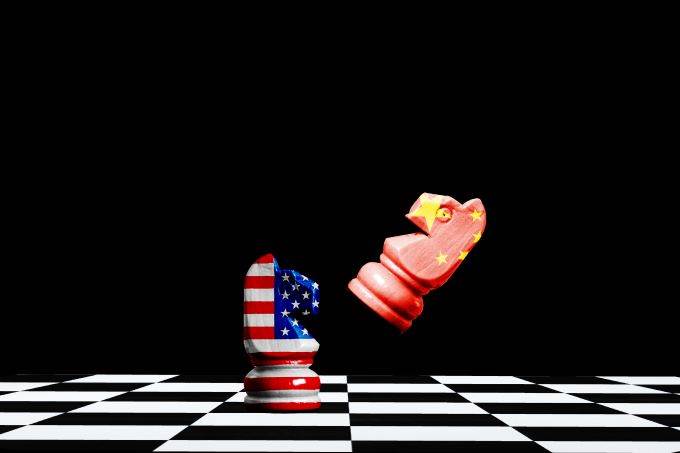 A White House adviser said that the US-China trade deal signing is happening soon, but that the US President Donald Trump or the U.S. trade representative would need to confirm this detail.
A White House adviser said that the US-China trade deal signing is happening soon, but that the US President Donald Trump or the U.S. trade representative would need to confirm this detail.
Peter Navarro told Fox News on Monday that according to a report the Chinese Vice Premier Liu He would arrive in the US this week to sign a deal, however, the White House and the Office of the U.S. Trade Representative still didn't confirm those details.
“Never believe reports on anonymous sources. Get it from President Trump or... (U.S. Trade Representative Robert Lighthizer,” told Navarro to Fox News, “We’ll probably have a signing on that within the next week or so- we’re just waiting for the translation,” he added.
This information would aid President Trump's last weeks claims that his Chinese counterpart would eventually hold a signing ceremony for the agreement. The U.S. Treasury Secretary Steven Mnuchin also said that the deal was ready but going through a technical review.
The US dollar is currently amid its third straight session of losses. By 8:49 GMT the US dollar index went down by 0.09 percent, at 96.66. This is due to investors' current preference for riskier assets, as optimism regarding the future of the world economy has boosted lately, mainly due to the improving trading relationships between the US and China.
This improved global growth outlook also aided risk-sensitive assets like New Zealand and Australian Dollars. By 9:07 GMT the New Zealand dollar went up by 0.01 percent, at 0.6726, while the Australian Dollar climbed 0.17 percent, at 0.7006.
The Yuan also gained territory, growing 0.35 percent against the dollar, at 0.1436, by 9:11 GMT.
The United States is demanding reforms by China in the areas of agriculture, intellectual property, currency and foreign exchange, technology transfer, among others. The phase-one trade deal implies, besides tariffs cuts, that China will purchase more American goods, especially agricultural ones like soybeans. It also addresses technology theft concerns, as well as financial services issues.
"This is a real structural change. Is it going to solve all the problems? No. Did we expect it to? No. Absolutely not," said the U.S. Trade Representative Robert Lighthizer earlier this month.
